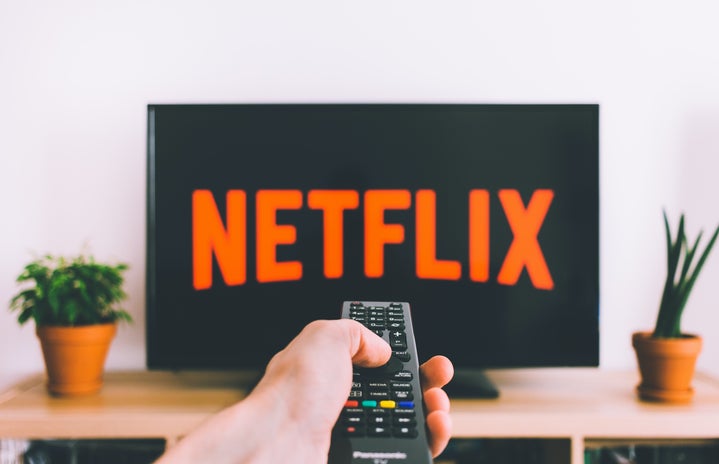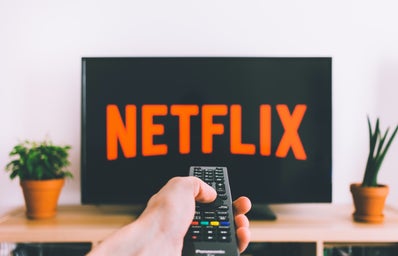Edited by: Sanjana Hira
Redemption arcs are so integral to our TV shows nowadays, that a show without one almost seems incomplete. With programs such as Bojack Horseman and Rick and Morty that revolve around inherently unlikeable characters, it is fascinating to see how our relationship and sentiments towards them change by the end of the series, especially since the story revolves around cynical, toxic (white) men.
Bojack Horseman is the story of a washed-up 90s star of a sitcom called Horsin’ Around, and the lives of all those who interact with him. On the other hand, Rick and Morty recount the domestic and intergalactic misadventures of a grandfather-son duo and their family. And although both these shows sound like lighthearted watches, they are anything but. Despite the common thread of sardonic men with crass humour and deadpan one-liners, who drink, burp, and ruin the lives of those around them, there’s a prominent difference between the two — the character development of the protagonists. It is with this difference that Bojack Horseman easily overshadows Rick and Morty. Here are three reasons why:
- Redemption Arc
A redemption arc is so prevalent today that a serial without it seems incomplete. Following this, it seemed only natural that both the protagonists of these shows had a redemption arc. But what made Bojack’s development different is that his was not a series of short-lived ‘heartwarming’ moments interrupted by offhanded comments usually directed towards his grandson Morty. Although Rick abetted Beth to live a new life, teared up over clips of Morty, and protected Summer, it is impossible to ignore his other 99 quips and his treatment of Jerry.
The idea of a broken male after he loses a loved one (Rick’s wife, in this case) is in decline. The façade of being bitter when you genuinely care does not make people swoon and is not ‘cool’ anymore, frankly it is dysfunctional.
A redemption arc requires a certain amount of effort, after all, it is not easy to change. And unlike Rick Sanchez’s easy, and asshole-y demeanour that sees neither any effort nor any tangible change, Bojack has a different story. By going to rehab, working on himself, taking responsibility for (nearly) all that had happened, teaching, and constantly evolving, he truly became a better character. He was almost likeable by the end of it, but that took work and 5 seasons to do so. With Rick and Morty nearing the end of its fifth season, it is time that the creators make a choice — redemption arc or not, none of these half-hearted apologies should justify Rick’s actions. - Real Consequences
Choking a co-star on set, forcing minors to drink, leaving Sarah Lynn, and stabbing his friends in the back are just a few of the many things on the list of things Bojack has done. On a similar note, abandoning his family, squashing Morty’s scriptwriting dreams, destroying multiverses, and mistreating those around him are a few of the things on Rick’s list. But what differentiates the two is not that one is less harmful than the other, but that Rick never faced any consequences for his actions when Bojack did.
Despite Bojack having good character development, he was alone by the end, went to jail, and was left with nothing but broken relationships. But Rick? With absolutely no character growth, he simply says ‘wubba lubba dub dub,’ and the sun is shining, once again.
The idea of liability has never been more crucial than it is now, and what better way to do it than with a streaming platform used by millions across the world. By subtly propagating the idea that erasing memories, switching and killing different Ricks and Mortys balances the wrongdoing, the show simply nullifies accountability. Actions have consequences, and Bojack might have become a better person, but that should not stand in the way of holding people accountable. Being white, rich, and smart should not exempt you from the consequences of your actions. - Deeper storylines
The world in which Bojack Horseman lives has other residents as well, with Princess Carolyn, Diane Nguyen, Mr. Peanut Butter, Todd Chavez, and Sarah Lynnmerely being a few in his circle. However, what is interesting is that their lives do not revolve around Bojack’s life. Of course, there are portions in which they overlap, but as a whole, they are their own person — they do not live for Bojack, which is apparent at the end of the series. Although the series is about Bojack, there are several other episodes devoted to the other characters and their struggles. A few prominent examples include Princess Carolyn’s miscarriages, Diane’s struggle with depression, Todd discovering his sexuality, and Sarah Lynn’s battle with addiction. They do not revolve around a bitter, self-centred man who takes them for granted.
In sharp contrast to this is the Smith family, whose only purpose is to be around Rick. The minute the writers seem to prick something greater in the other characters, it is immediately shut down, ridiculed, or simply forgotten. This can be seen once again in Morty’s screenwriting stint, Beth’s journey to find herself, and Jerry’s…(?) Because the creators do not even bother giving Jerry any substance apart from being the butt of the joke.
This is not to say that characters like Bojack and Rick cannot exist because it would be unrealistic if they were not there. But what is important is that the characters are not redeemed. With a large viewership comes a certain responsibility to show things how they are. Rick and Morty falls far below this mark as it did not evolve with its viewership and now, the people who still idolise and attempt to emulate these characters are the ones we have to watch out for.


